Flexibility
Flexibility refers to the ability of joints to move through a full range of motion. It is an important component of physical fitness and is crucial for maintaining overall health and preventing injury. Flexibility is influenced by various factors including genetics, age, gender, and physical activity level.
Factors Affecting Flexibility
- Genetics: Some individuals are naturally more flexible due to their genetic makeup.
- Age: Flexibility tends to decrease with age as muscles and connective tissues become less elastic.
- Gender: In general, females tend to be more flexible than males due to differences in joint structure and hormones.
- Physical Activity Level: Regular stretching and physical activity can help maintain and improve flexibility.
Benefits of Flexibility
Having good flexibility offers several benefits:
- Improved posture and balance
- Reduced risk of injury
- Enhanced athletic performance
- Relief from muscle tension and pain
- Increased range of motion
Exercises to Improve Flexibility
Flexibility can be enhanced through various stretching exercises, including:
- Static stretching: Holding a stretch position for a period of time without movement.
- Dynamic stretching: Moving parts of your body gradually and smoothly through a full range of motion.
- Proprioceptive neuromuscular facilitation (PNF): A more advanced form of flexibility training that involves both stretching and contracting of the muscle group being targeted.
Study Guide
Here are some key points to remember about flexibility:
- What is flexibility and why is it important for overall health?
- What are the factors that influence flexibility?
- What are the benefits of having good flexibility?
- Describe at least three types of stretching exercises used to improve flexibility.
Understanding the importance of flexibility and incorporating regular stretching exercises into your routine can contribute to a healthier and more active lifestyle.
.◂Science Worksheets and Study Guides Sixth Grade. Rocks
Study Guide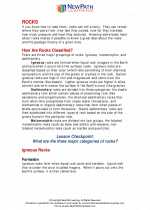 Rocks
Rocks  Activity Lesson
Activity Lesson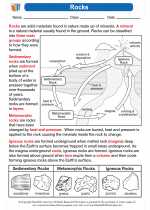 Rocks
Rocks  Worksheet/Answer key
Worksheet/Answer key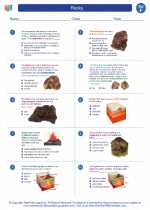 Rocks
Rocks  Worksheet/Answer key
Worksheet/Answer key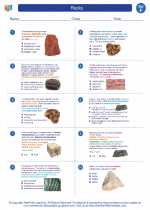 Rocks
Rocks  Worksheet/Answer key
Worksheet/Answer key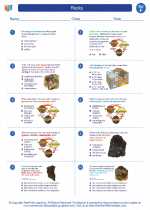 Rocks
Rocks  Worksheet/Answer key
Worksheet/Answer key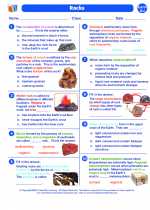 Rocks
Rocks  Vocabulary/Answer key
Vocabulary/Answer key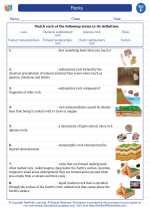 Rocks
Rocks  Vocabulary/Answer key
Vocabulary/Answer key Rocks
Rocks  Vocabulary/Answer key
Vocabulary/Answer key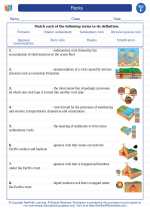 Rocks
Rocks 

 Activity Lesson
Activity Lesson
 Worksheet/Answer key
Worksheet/Answer key
 Worksheet/Answer key
Worksheet/Answer key
 Worksheet/Answer key
Worksheet/Answer key
 Worksheet/Answer key
Worksheet/Answer key
 Vocabulary/Answer key
Vocabulary/Answer key
 Vocabulary/Answer key
Vocabulary/Answer key
 Vocabulary/Answer key
Vocabulary/Answer key

The resources above cover the following skills:
EARTH AND SPACE SCIENCE
Earth’s Systems
Plan and carry out investigations that demonstrate the chemical and physical processes that form rocks and cycle Earth’s materials (e.g., processes of crystallization, heating and cooling, weathering, deformation, and sedimentation).